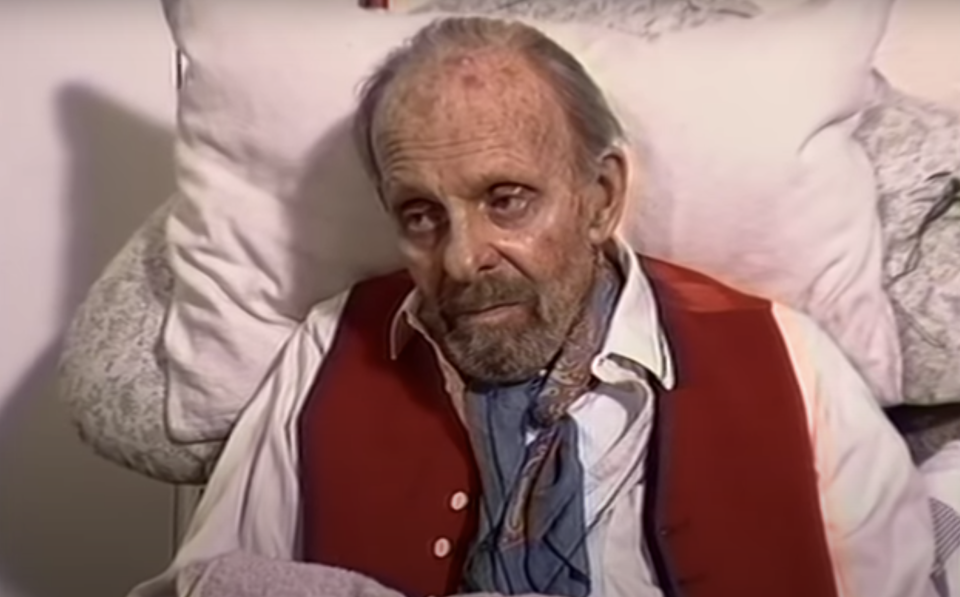The glorious life and tragic death of Terry-Thomas
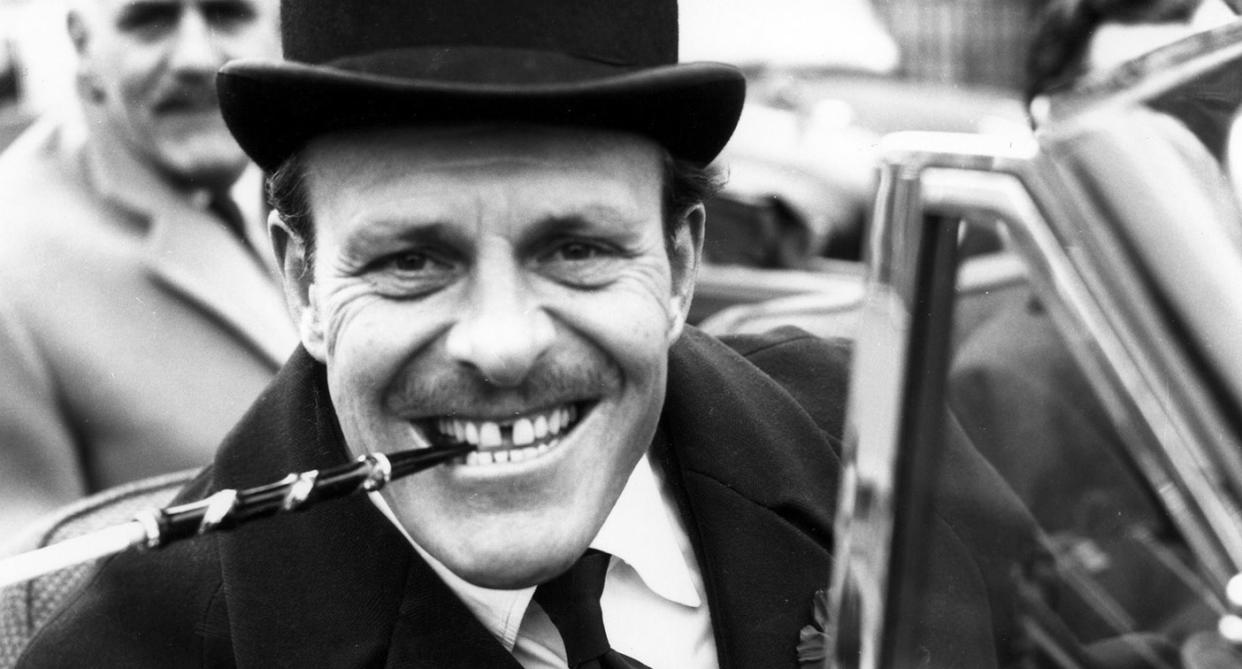
There are few actors more quintessentially English than Terry-Thomas. With his trademark 1/3-inch gap between his two front teeth, he came to personify the notion of the bounder; the caddish yet likeable gent, usually with a plummy accent and an eye for misbehaviour.
In real life, however, he was anything but. A joker from a young age, he lived to perform, rising from modest beginnings to become a figure more associated with the feckless, entitled upper classes. However, Thomas was dealt a cruel blow, ending his life in poverty 30 years ago this year, despite a life of hard work and commitment to entertainment.
Thomas Terry Hoar Stevens was born in Finchley, north London, in 1911. His father managed a butchery business at Smithfield Market, and was himself an amateur actor. But his parent’s marriage failed and both descended into alcoholism.
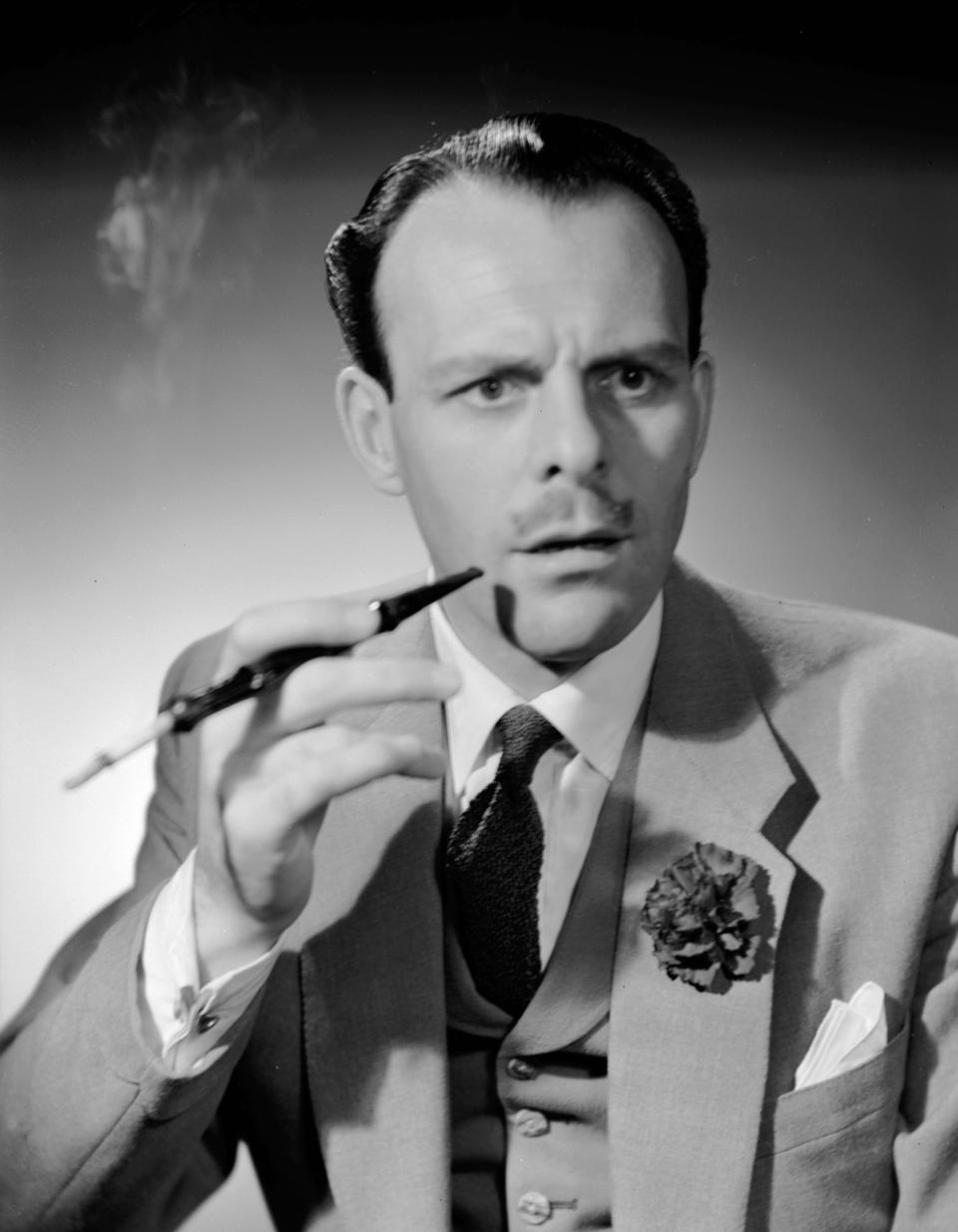
Thomas’ first forays into performance were geared to try and entertain his parents at home, in the hope that it could somehow bring them together, but it was not to be. As part of his acts, and then also in life, he adopted and developed a distinctly well-spoken voice, believing it would serve him well, and basing it on the popular actor Owen Nares.
Taking a job at Smithfield, he entertained his co-workers with his various comedic characters. He took to amateur performance, making his professional stage debut in 1930, before embarking on work as an film extra. But clearly with his eyes on greater things, he changed his name to Thomas Stevens, and then Thomas Terry, before settling on Terry Thomas.
Read more: Films with bad science
He added the hyphen in 1947, to tie the two names together. “They didn’t mean much apart; together they made a trade name,” he said, adding that it also somehow echoed the gap in his teeth. He also soon began moulding and cultivating his image, using a cigarette holder and wearing a monocle.
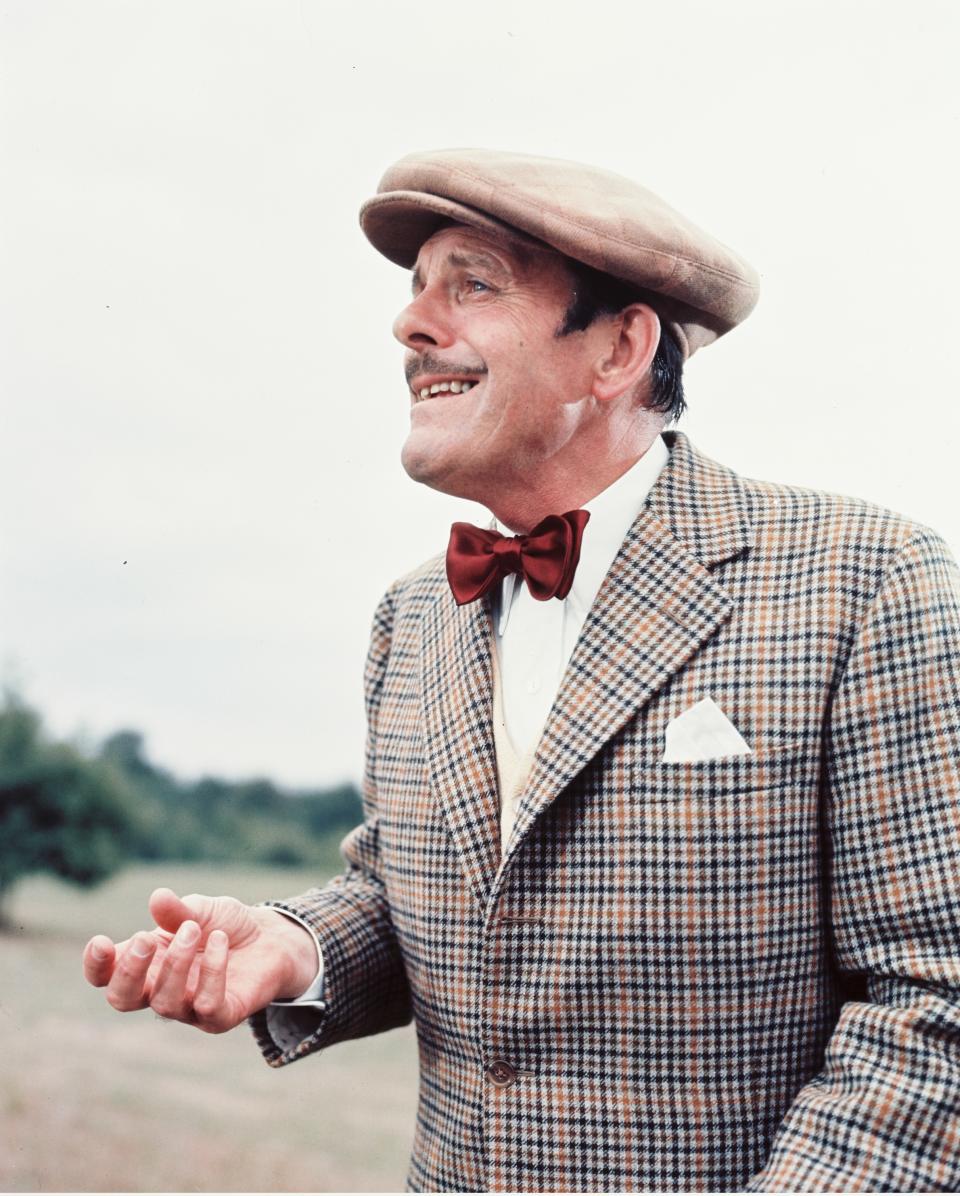
Following the Second World, during which he wrote and performed in variety shows for the troops and rose to the rank of sergeant, he was discovered while compering a show in London with the legendary Sid Field, and was invited to appear on the bill of the Royal Variety Performance. Following that success, he landed a weekly comedy series on BBC radio. From there his career took off like a rocket, becoming a significant name in sketch comedy on the radio and on stage.
His film career began in the mid-1950s, in what would become classic movies like The Green Man with Alastair Sim, and the Boulting brothers’ Private’s Progress with Ian Carmichael and Richard Attenborough. Thomas stole the show playing Major Hitchcock, uttering the line “You’re an absolute shower”, which would become something of a catchphrase for Thomas.
The Boultings went on to cast Thomas in many movies, despite his initial lack of aptitude for filming – one scene was said to have taken 107 takes.
Scores of films followed; Lucky Jim, another Boulting project, School for Scoundrels, A Matter of WHO, his first serious role, Tom Thumb and The Naked Truth with Peter Sellers, and Blue Murder at St Trinians. However, after being thrown into an almost freezing lake in The Naked Truth, he began to suffer health problems, requiring him to take strong prescription painkillers.

He broke into Hollywood in the early 60s, landing movies like Bachelor Pad with Tuesday Weld, and the epic, star-laden It’s A Mad, Mad, Mad, Mad World, with Spencer Tracy, Phil Silvers, Sic Caesar, Mickey Rooney and Buster Keaton. Despite having achieved so much in the movie business, by the late 60s he was tiring of the Hollywood system.
Read more: Battlefield Earth’s most scathing reviews
But it was in 1971 that he was dealt a devastating blow. He was diagnosed with Parkinson’s disease, after falling ill while performing in a play in Sydney, Australia. His doctor noticed a slight tremor in his hands, and the diagnosis was confirmed when he returned home to the UK. He kept his symptoms a secret for as long as he could, but eventually went public to quash rumours that his shaking and slurred speech were alcohol related.
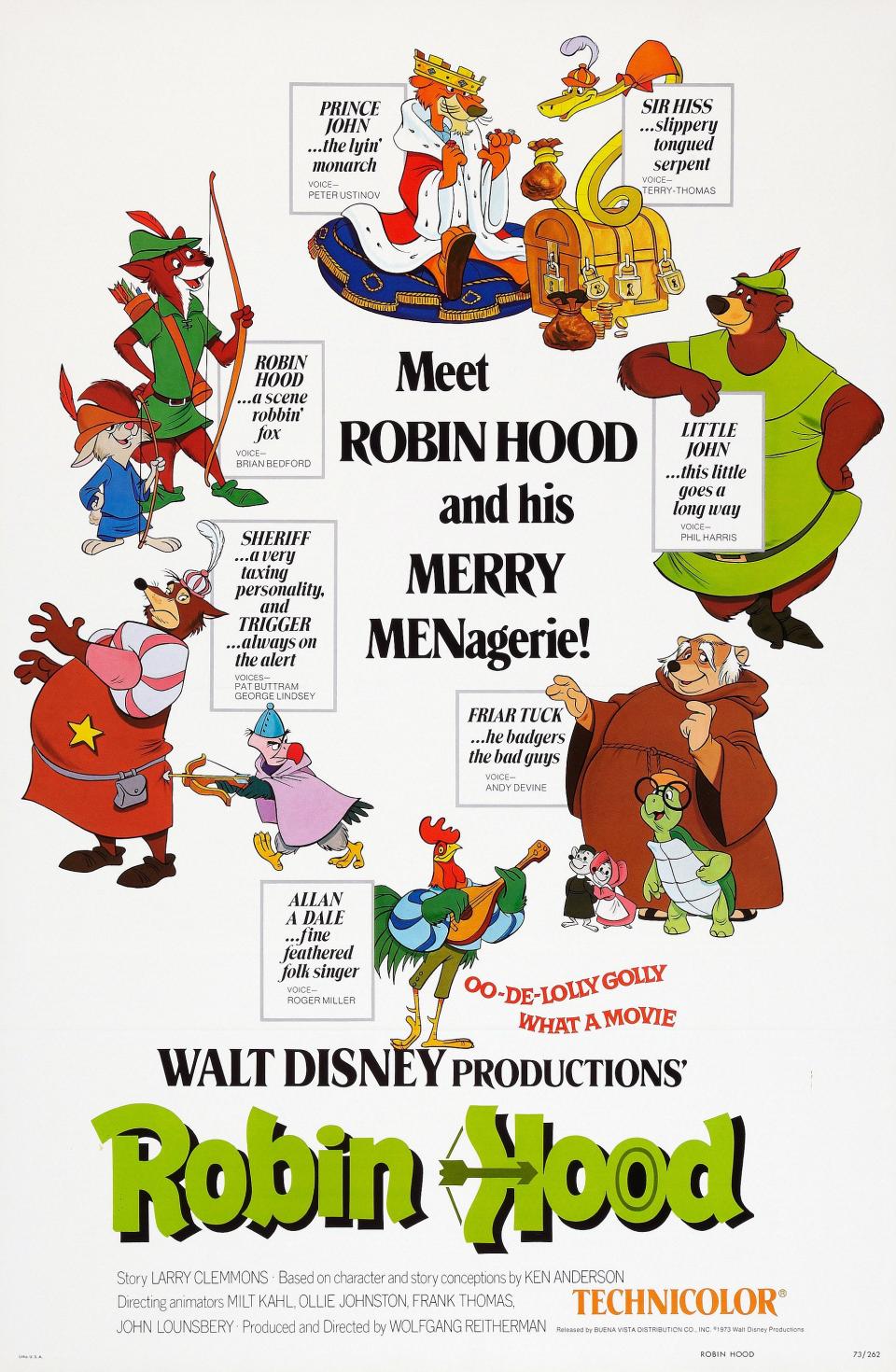
He continued to work, taking on lower budget movies and lucrative advertising deals for the likes of Bird’s Eye and Benson & Hedges, as well as well-paid voice-over work, like playing Sir Hiss in the Disney classic Robin Hood. But his symptoms soon prevented him from working, his posture contorted and his distinctive voice now altered.
His last role was in 1980, in a German-Italian movie called Febbre A 40!, which was barely screened. He also invested in a number of films, but lost money on all of them. Increasingly depressed, he was forced to sell his London flat and then the house he shared with his wife Belinda Cunningham to pay medical bills, which had grown to £40,000 a year.
Thomas and his wife had occasionally lived in the Balearics, after being introduced to the Spanish islands by his great friend Denholm Elliott, but the couple had to return to England, where they had to rent a housing association flat in south London and seek assistance from the Actors’ Benevolent Fund, such was their gathering poverty.
Thomas was quoted as saying: “One doctor said I’ve got about four more years to live. God forbid! I shall probably blow my brains out first.” His friend the actor Richard Briers visited him at this time, saying that Thomas was just "sitting there, motionless, he was just a mere shadow. A crippled, crushed, shadow. It was really bloody awful."
In 1989, and on discovering that Thomas was living in penury, the actor Jack Douglas and writer Richard Hope-Hawkins organised a benefit gala for him at the Theatre Royal on Drury Lane. Michael Caine was the chairman, with 120 artists performing. It raised £75,000 for Thomas and the charity Parkinson’s UK. The funds allowed Thomas to move into a nursing home in Surrey. He died there at the age of 78, in January 1990. The theme from Those Magnificent Men In Their Flying Machines, one of his best-loved films, was played at his funeral.
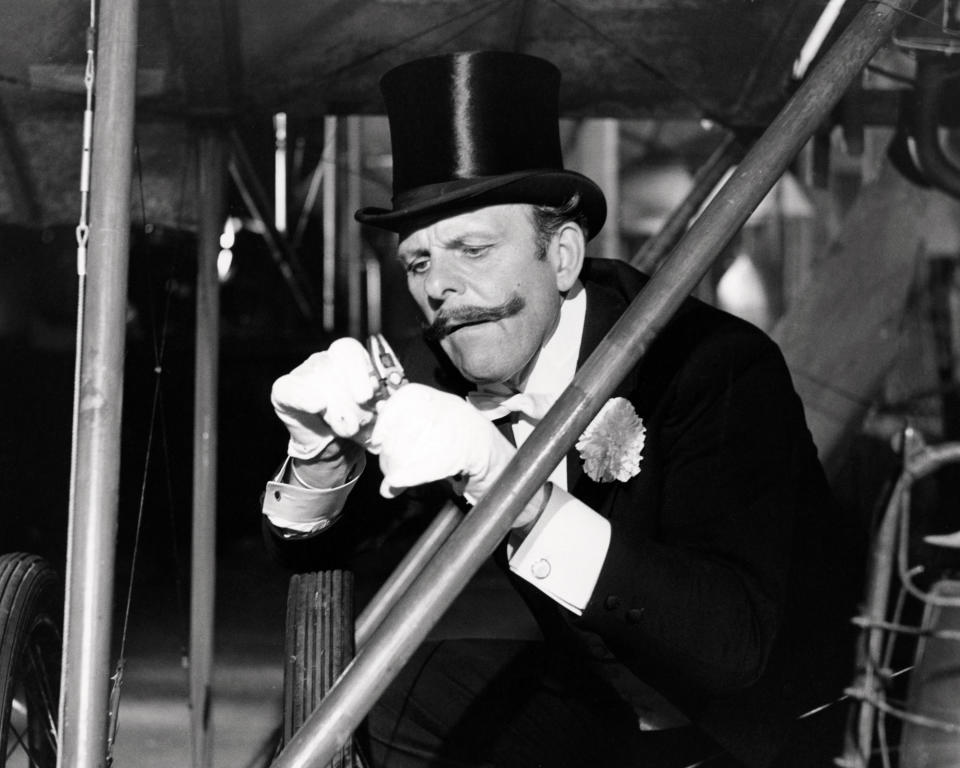
Following his death, the legendary Jack Lemmon, with whom he starred in the movie How To Murder Your Wife in 1965, called him “a consummate professional… he was a gentleman, a delight to be with personally, let alone professionally, and above all as an actor he had one of the qualities that I admire so much - he made it look simple”.
Read more: How Laurence Fishburne got embroiled in Die Hard legal row
And though by the end Thomas was a shadow of the vital, effervescent screen force he once was, his work endures, and he remains one of the most gifted and memorable British screen actors of all time.
Robin Hood is streaming on Disney+.

 Yahoo Movies
Yahoo Movies 
